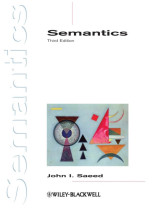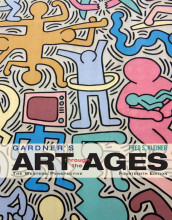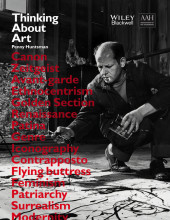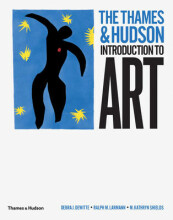Philosophical myths
17 important questions on Philosophical myths
Why did Xenophanes criticize the myths written by Homer and Hesiod?
What did Poryphyry have to say about Homer?
Myths can be said to be two types of allegories. Which are these two types?
- Moral psychological allegories, meaning that the gods only serve the role of the personifications of certain human characteristics (speech, wisdom, anger, etc.)
- Higher grades + faster learning
- Never study anything twice
- 100% sure, 100% understanding
What did Socrates have to say about the origin of myths?
Which Greek writer wrote many myths about stories that had probably just been told wrong?
What did Plato have to say about myths?
How did Plato use myths?
What did the philosophers think of allegoreses?
What do etymology and allegory have to do with each other?
What did Cicero mention about the god Saturn and his Greek origins?
Which three ways of interpreting allegories ere used in the Middle Ages/Renaissance?
- Moral allegory.
- Euhemeristic tale.
What did Fulgentius say in his Mythologiae?
- Etymologic (almost always).
- Physical allegories (often).
- Moral allegories.
- Phalephaetus-like explanations (that stories had just been mistold).
What is the Ovidé Moralise about?
What is the Ovidius moralizatus?
What did Boccaccio write relating to myth?
What are the three great 16-century handbooks concerning myth?
- Lilio Gregorio Giraldi, De deis gentium “The Gods of the Pagans” (1548)
- Vincenzo Cartari, Le imagini … degli dei degli antichi “The Images of the Gods of the Ancients” (1556, with illustrations 1571)
- Natale Conti (Natales Comes), Mythologiae … libri decem“Ten books of Mythology”, usually called the Mythologiae, “Mythologies” (1561, expanded edition 1581)
All three very often reprinted in various forms, as well as translated.
Which interpretation of myth was often stressed during the Renaissance?
The question on the page originate from the summary of the following study material:
- A unique study and practice tool
- Never study anything twice again
- Get the grades you hope for
- 100% sure, 100% understanding































